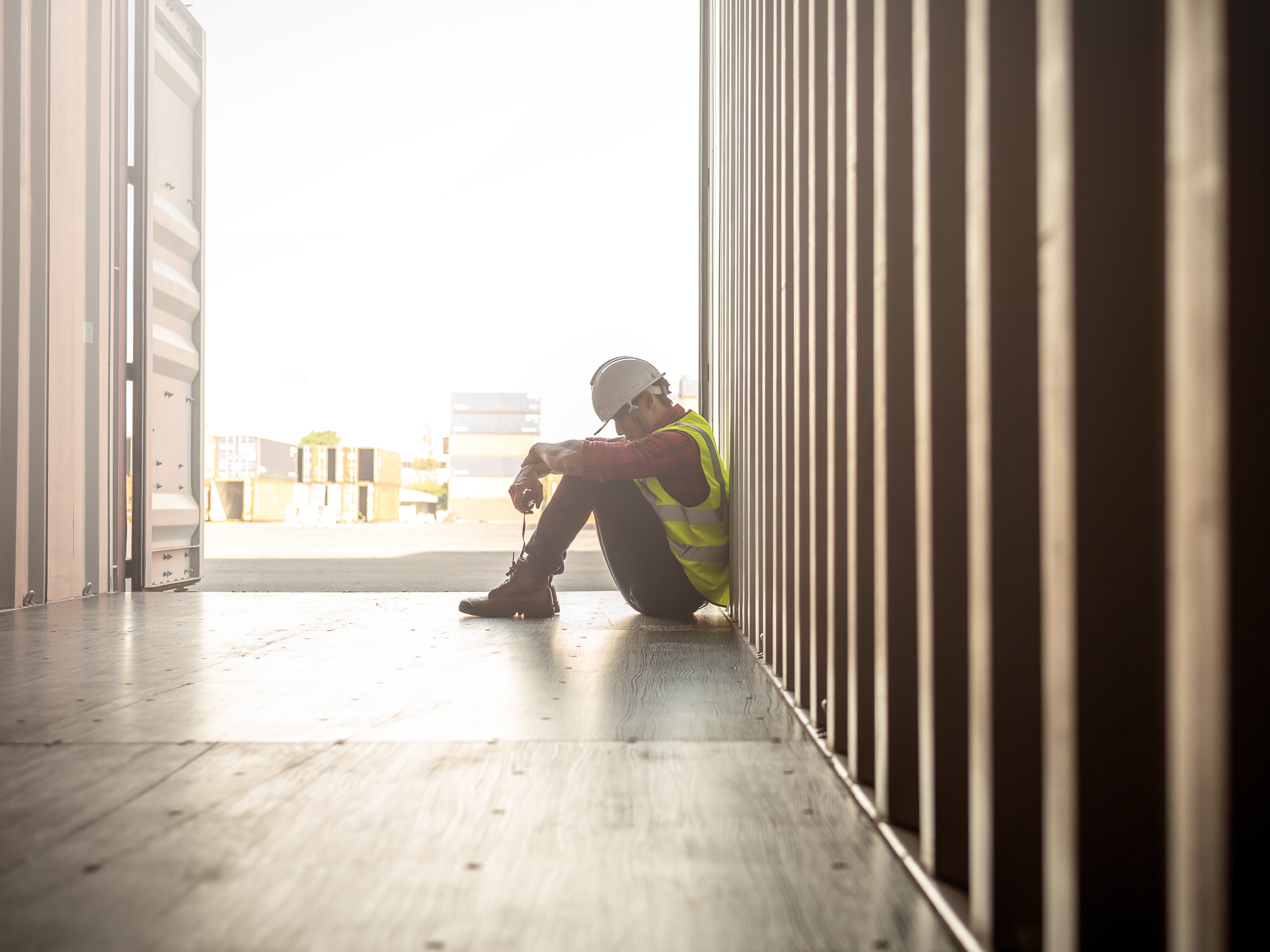15 April 2020
2 min read

In these unprecedented times every industry has to consider how they respond to the COVID-19 pandemic. The construction and infrastructure sector is unique in that it relies heavily on labour forces working closely together. So, what has the construction industry done in response to the COVID-19 crisis and why is it so important?
The construction industry does not have the luxury of working remotely from home. In order for the industry to operate, construction workers need to be on the tools at site. Accordingly, in recent times, the Victorian Government released its ‘Best Practice Guidelines for Construction Sites during the COVID-19 pandemic (accessible here).
Separately, the Master Builders Association of Victoria has also developed its own guidelines, working in conjunction with a group of industry associations and unions, along with the assistance of the Victorian Building Industry Disputes Panel, which is part of the Treasurer’s Building Industry Consultative Council.
Both sets of guidelines are aimed at enabling the construction sector to continue to operate during these extraordinary times. Whilst these guidelines are aimed at ensuring the safety of construction workers in continuing to perform their jobs, it is important to remember that these guidelines have the potential to have wider impact on the cost and timing of delivering a project. It is therefore important that contractors and clients work together to adopt these guidelines.
But why is it so important for the construction industry to continue?
The construction industry is a significant pillar of the Australian economy. It is the third largest industry, producing $360 billion in revenue and approximately 9 per cent of the nation’s Gross Domestic Product. There are over 330,000 businesses nation-wide employing over 1.1 million people (approximately 9 per cent of the national workforce).
These are impressive figures, but it is also the output of the construction industry that is most important. This sector produces infrastructure that is essential to the operation of other industries, this adds value to these industries’ capital worth and underpins national productivity.
It is for this reason that the construction and infrastructure sector needs to continue to operate. Last week, Lord Mayor of the City of Melbourne, Sally Capp, introduced extended working hours on some building sites for commercial, large residential and mix-used developments in an attempt to adjust the management of construction activity in the city and help limit the economic impact of COVID-19.
The construction sector is also likely to be one of the key industries to kick start the economy when we begin to emerge from the devastating impacts of COVID-19. It is likely that the Government stimulus actions will support the growth of the sector through tax benefits, capital contributions and the likely fast tracking of major infrastructure projects.
How the construction industry fares during this time of uncertainty could dictate how quickly the economy recovers from the effects of COVID-19. Keeping construction workers safe and construction companies’ financial position healthy are critical for the overall recovery of the economy.
Author: Stephen Natoli
Disclaimer
The information in this publication is of a general nature and is not intended to address the circumstances of any particular individual or entity. Although we endeavour to provide accurate and timely information, we do not guarantee that the information in this newsletter is accurate at the date it is received or that it will continue to be accurate in the future.